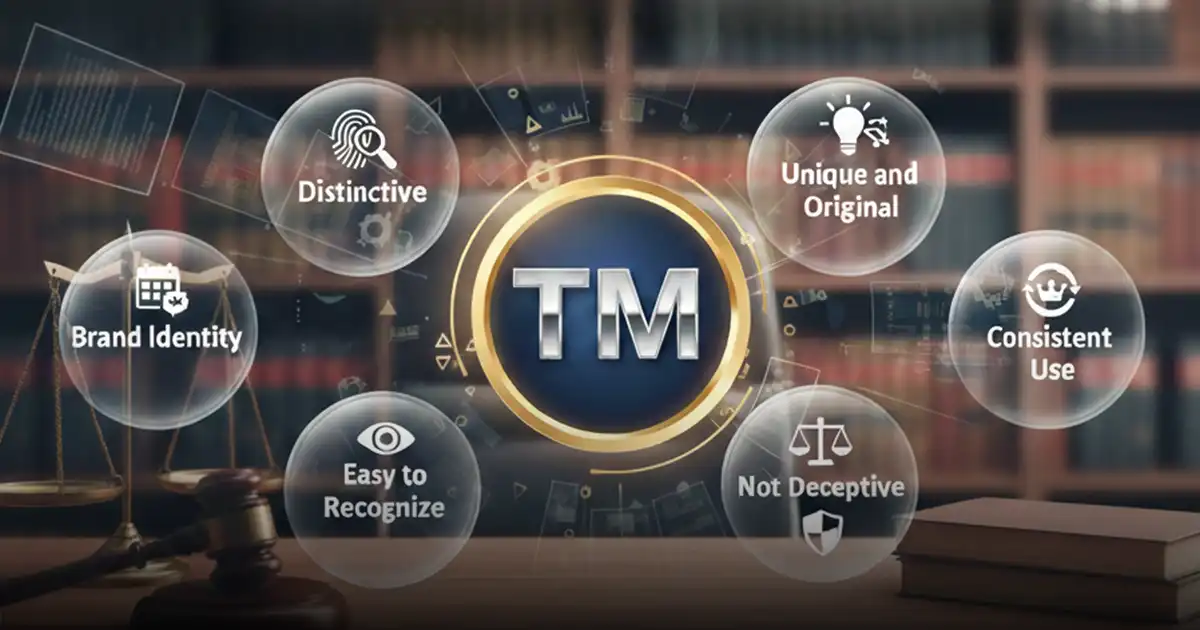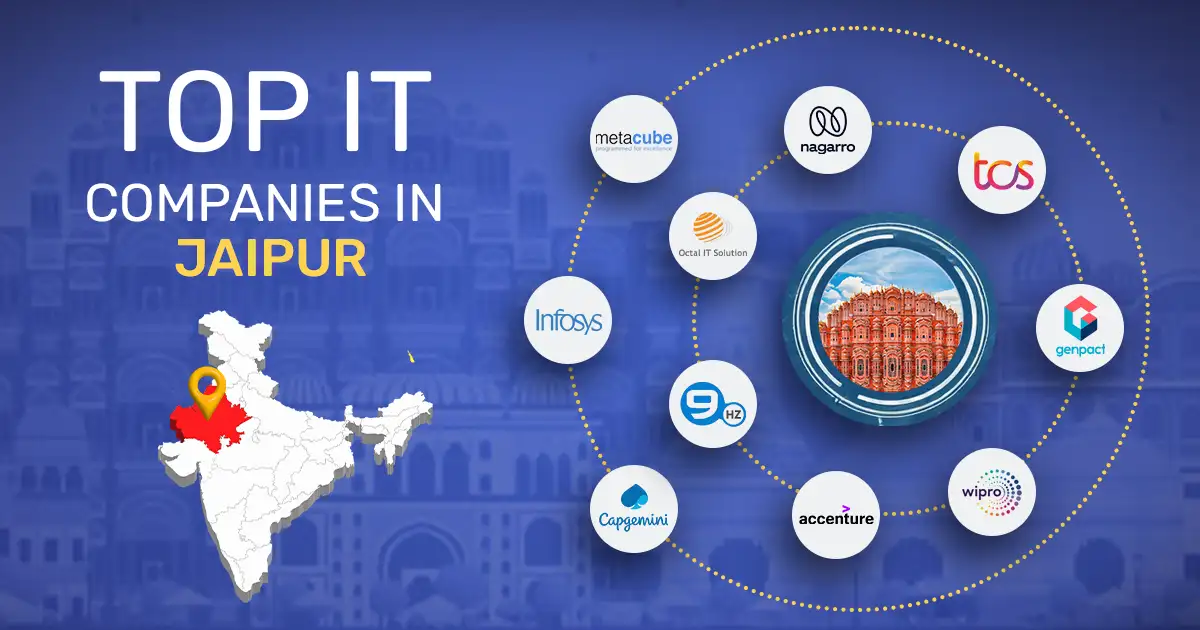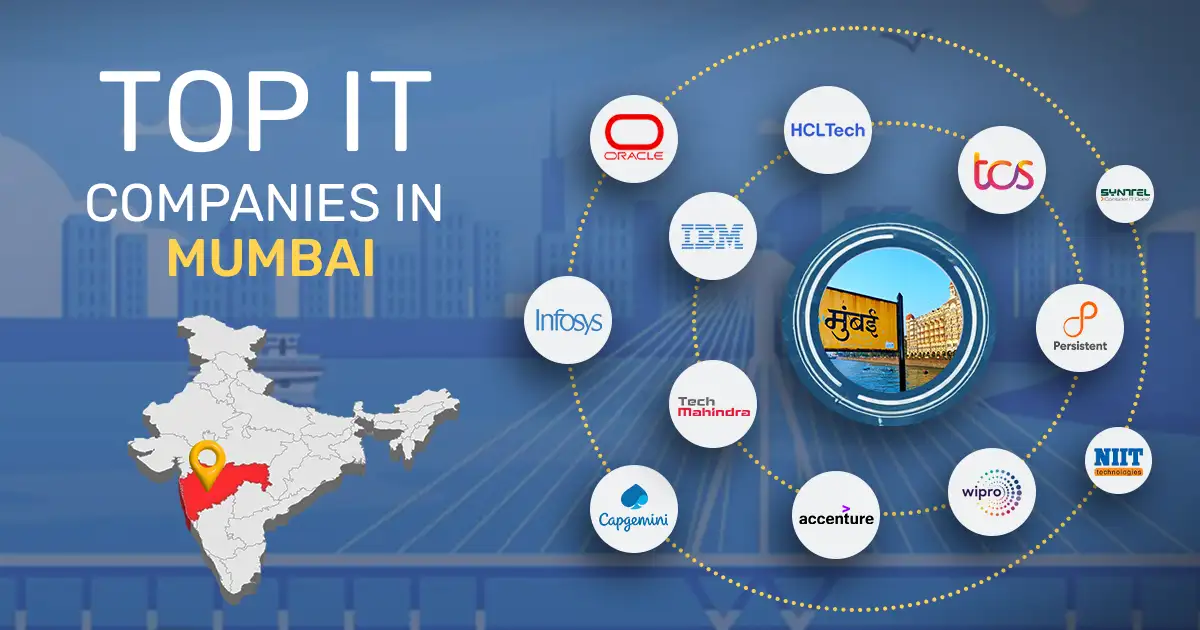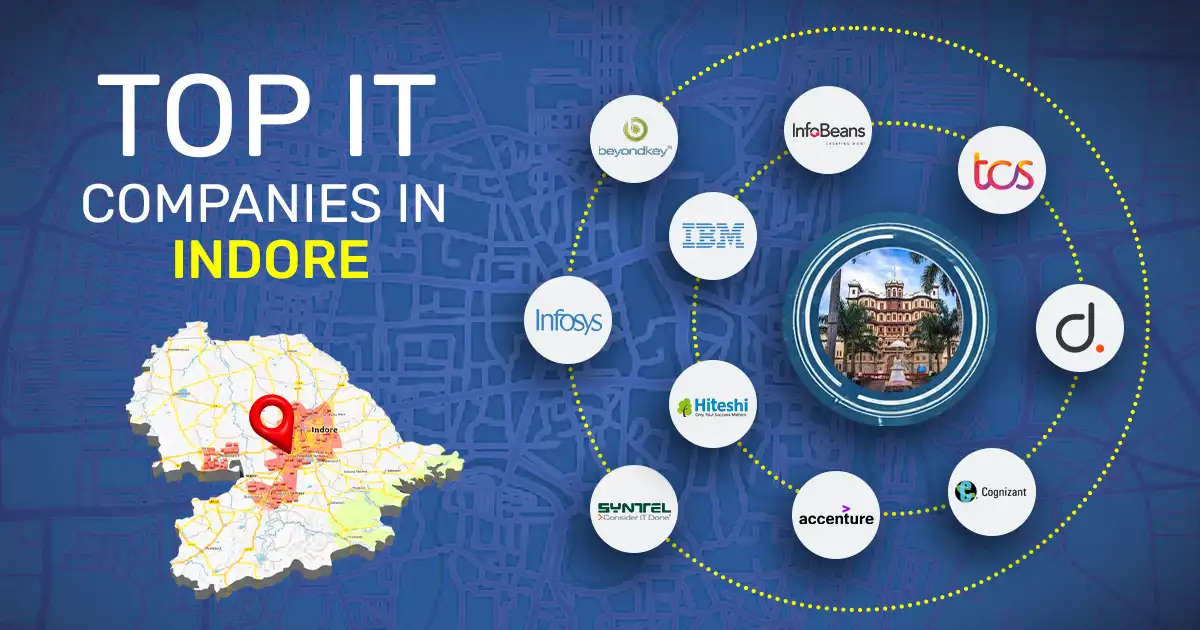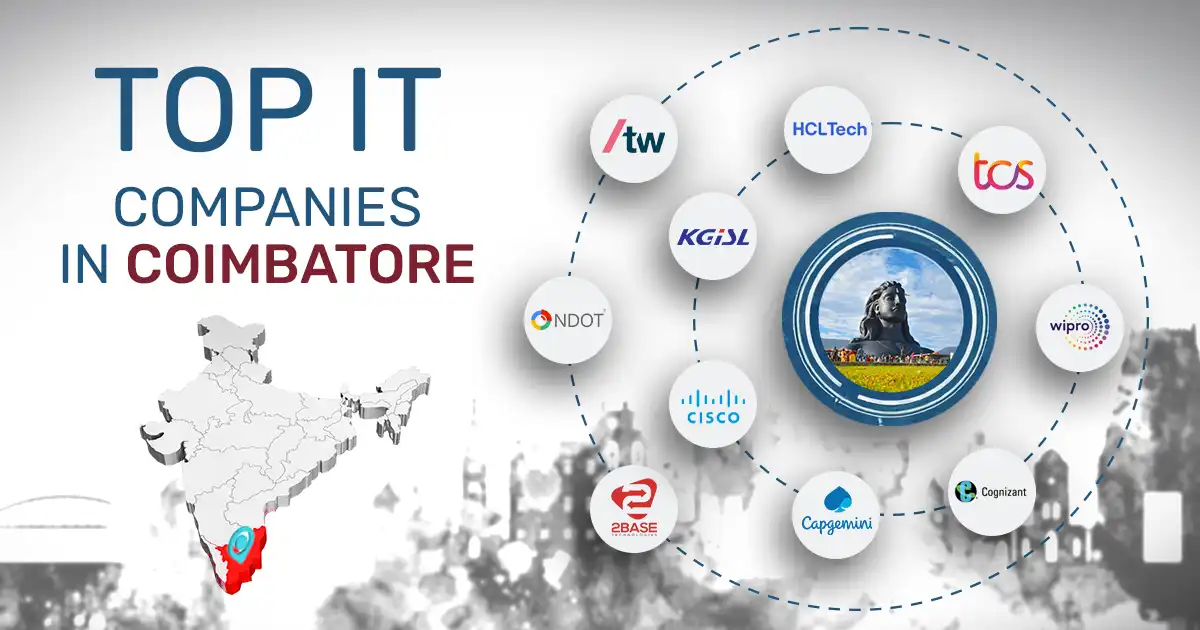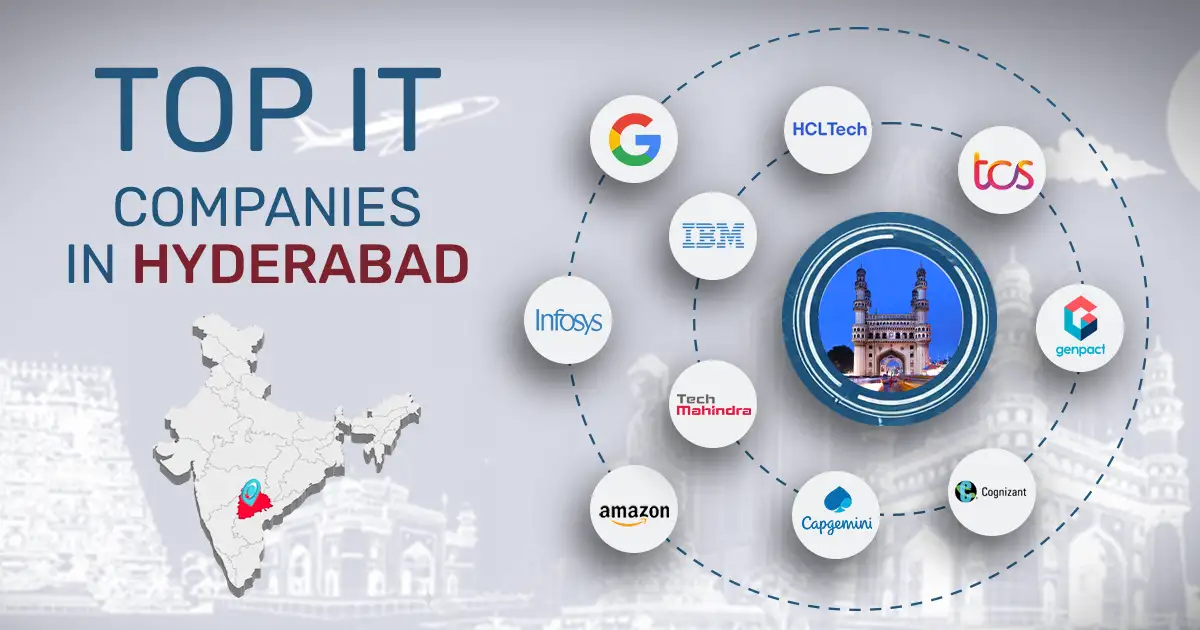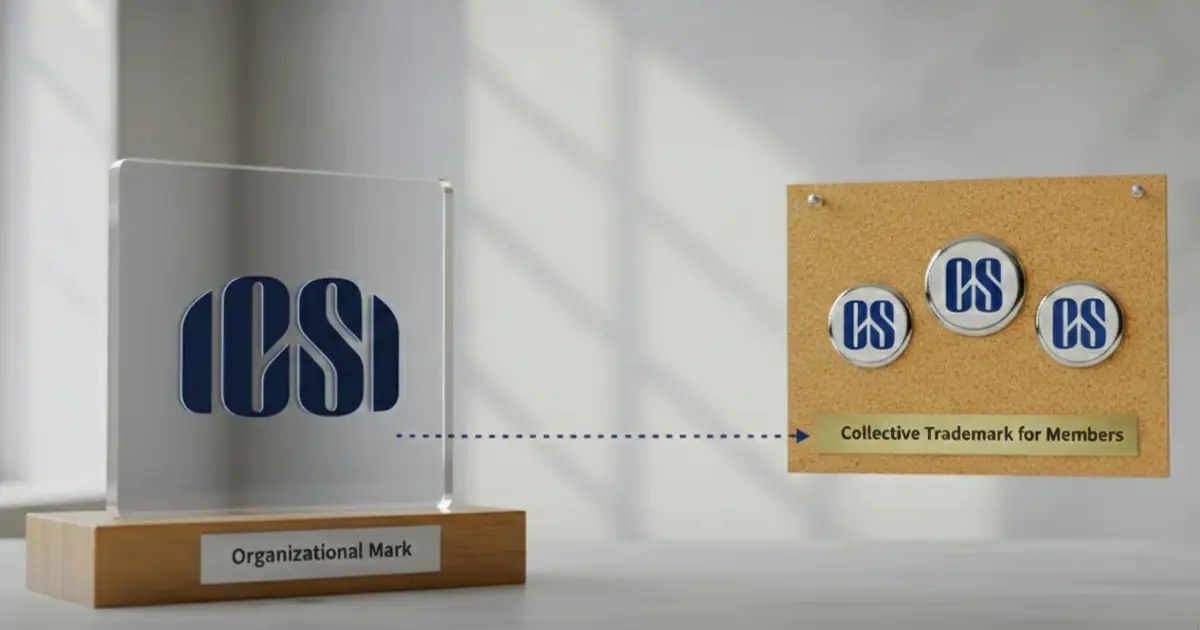A founders' agreement is a binding contract between the individuals who start a company. It outlines the terms and conditions of their partnership, essentially serving as a blueprint for how the business will be run and how decisions will be made.
It's particularly important when there are multiple co-founders, as it addresses aspects like ownership, responsibilities, and even exit strategies. Think of it as a prenuptial agreement for your business, designed to protect everyone's interests.
By articulating key aspects like equity distribution, decision-making processes, and dispute resolution, this agreement minimizes misunderstandings and provides a framework for collaboration.
Let's explore why this document is so critical for your startup's success.
Why is the Founders' Agreement Important?
A founders' agreement is vital for several reasons:
- Clarity and Expectations: It clearly defines each founder's role, responsibilities, and expected contributions, preventing misunderstandings later on.
- Equity Distribution: It precisely outlines how equity (ownership shares) will be divided among founders, including vesting schedules and clauses for departures. This is crucial for a co-founder equity agreement or a founder's equity agreement.
- Decision-Making: It establishes a clear process for making important business decisions, whether by consensus, majority vote, or specific assigned authority.
- Dispute Resolution: It provides a mechanism for resolving disagreements or conflicts among founders, avoiding costly and time-consuming litigation.
- Protecting Intellectual Property: It often includes provisions for assigning intellectual property created by founders to the company.
- Exit Strategy: It addresses what happens if a founder leaves the company, covering buyback clauses, non-compete agreements, and transfer restrictions.
- Attracting Investors: Investors often look for a solid founders agreement as it demonstrates a well-thought-out and stable founding team.
When is the Founders' Agreement Required?
A founders' agreement is required and highly recommended at the very beginning of a startup's journey, ideally before or shortly after the formal incorporation of the company.
Even if you are just starting with an idea, having an agreement between co-founders is beneficial. It's particularly crucial in the following situations:
- Before Formalizing Partnership: As soon as you decide to form a business with one or more co-founders.
- Before Seeking Investment: Investors will typically ask to see this agreement to understand the stability and structure of the founding team.
- Before Developing Products/Services: Ensure that all intellectual property created by founders belongs to the company.
- When there's a significant commitment of time or resources: To protect the interests of all involved.
- Even after incorporation: A founder's agreement after incorporation can still be drafted, though it's best to do it as early as possible to prevent potential issues.



